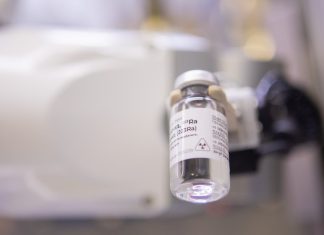The Russian Ministry of Health has updated the list of orphan diseases, expanding it to 292 items. Four new positions have been added: Miller-Dieker syndrome, Bloch-Sulzberger syndrome, Pfeiffer syndrome and Smith-Magenis syndrome.
Miller-Dieker syndrome (MDS) is a genetic condition characterized by a specific brain malformation (lissencephaly); distinctive facial features; and severe neurologic abnormalities including intellectual disability and seizures. Very few affected children survive beyond childhood.
Incontinentia pigmenti or Bloch-Sulzberger syndrome is a rare genodermatosis, linked to X chromosome, of autosomal dominant character, which affects ectodermal and mesodermal tissues, such as skin, eyes, teeth and central nervous system.
Pfeiffer syndrome is a complex genetic disorder in which certain bones in the skull fuse (join together) early in their development. This prevents the skull from growing normally, affecting the shape of the head and face and sometimes causing increased pressure around the brain.
Smith-Magenis syndrome is a developmental disorder that affects behavior, emotions, and learning processes. The major features of this condition include distinctive facial features, sleep disturbances, behavioral problems, mild to moderate intellectual disability, and delayed speech and language skills.




